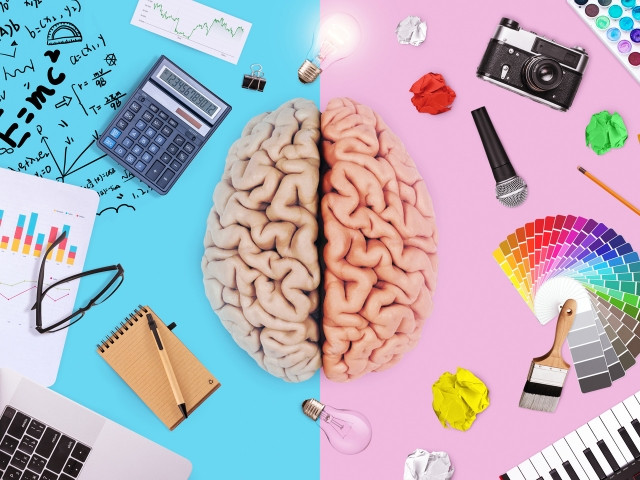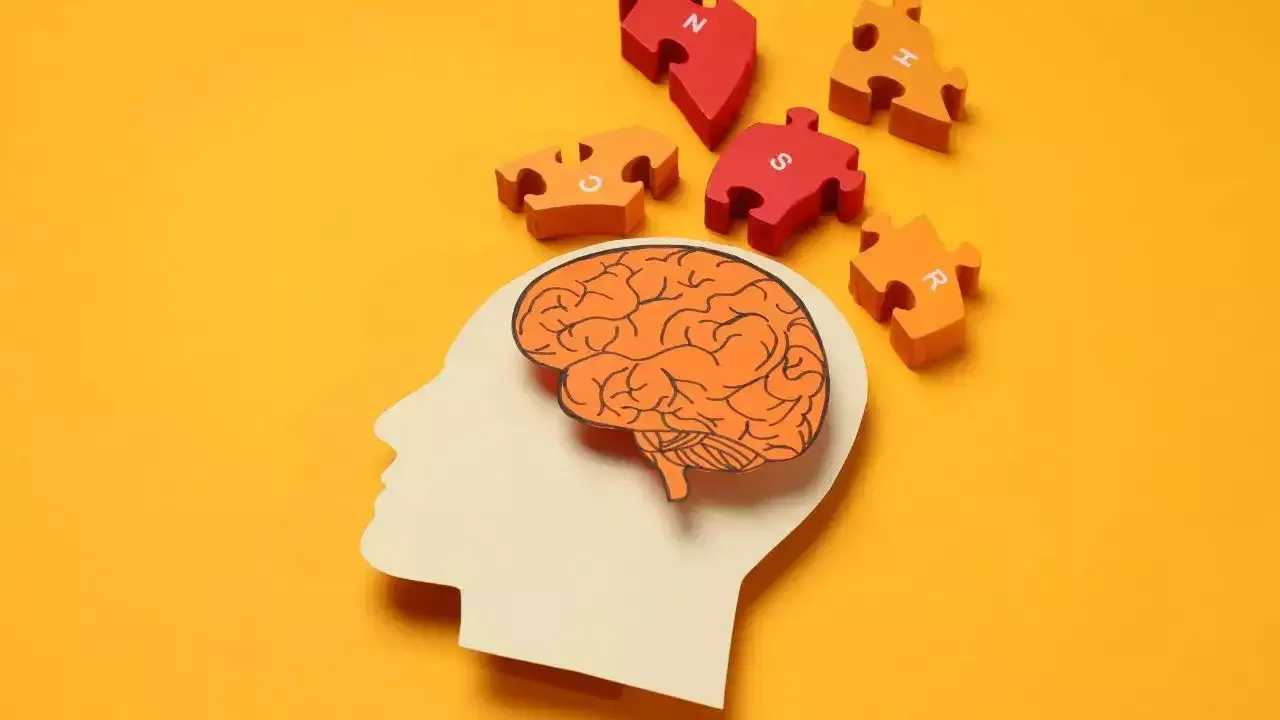Just as your body needs exercise to stay fit, your brain requires regular workouts to maintain its efficiency and stave off the effects of aging and neuronal degeneration.
The importance of brain health has grown in today’s world, where our increasingly sedentary lifestyles and lack of self-care have taken a toll. A landmark study published in The Lancet Psychiatry reveals that one in two people globally will develop a mental health disorder during their lifetime. The large-scale research, conducted by Harvard Medical School and the University of Queensland, underscores the urgency of proactive mental health strategies.
Mastering a New Skill

Engaging in the regular practice of a new skill, such as learning a musical instrument or painting, creates new neural pathways, enhancing brain plasticity. For example, learning a new language stimulates the hippocampus and prefrontal cortex, areas crucial for memory and executive function. Delving into activities like advanced photography techniques or mastering gourmet cooking sharpens not only the mind but also enhances sensory processing and motor coordination.
Strategic Gaming and Physical Sports

Playing strategy-based games like chess or complex video games enhances problem-solving skills and improves cognitive flexibility by engaging the dorsolateral prefrontal cortex. Participating in team sports like soccer or basketball boosts neuroplasticity and improves the brain’s ability to adapt to new challenges by promoting the release of neurotrophic factors like BDNF (Brain-Derived Neurotrophic Factor).
The Neurological Impact of Music

Beyond simple enjoyment, listening to complex music genres, such as classical or jazz, can be a brain booster. Studies have shown that these types of music engage multiple brain regions, including those responsible for memory, attention, and executive function. Music therapy has been proven effective in treating neurological disorders, reducing anxiety, and even improving language skills in stroke patients. Additionally, actively learning to play a musical instrument can further enhance these benefits by involving active participation and cognitive engagement.
Practicing Yoga and Meditation

Regular yoga and meditation practice can have profound effects on brain health. Yoga, for example, promotes neuroplasticity, leading to the development of new neural connections and improving brain structure and function. Meditation, particularly mindfulness meditation, has been linked to increased grey matter density in areas of the brain responsible for memory, learning, and emotional regulation. These practices not only boost cognitive function but also reduce stress, improve focus, and enhance overall well-being.
Socializing with Purpose

Social interactions are crucial for brain health. Engaging in meaningful conversations, participating in group activities, or even volunteering can stimulate brain areas involved in memory, attention, and decision-making. These interactions help strengthen neural networks and reduce the risk of cognitive decline. Moreover, socializing in different languages or cultures can add an extra layer of cognitive challenge, further enhancing brain function.
Getting in Touch with your Creative Side

Whether it's painting, sculpting, or engaging in digital art, creative expression is a powerful way to enhance brain function. Artistic activities activate multiple brain regions, including those related to planning, problem-solving, and emotional regulation. Moreover, creating art can lead to increased connectivity between the brain’s hemispheres, improving both analytical and creative thinking. Art therapy is also widely used to help individuals cope with mental health issues, providing both cognitive and emotional benefits.
Reading and Storytelling

Reading regularly, especially fiction that requires imagination and emotional involvement, can improve brain function by enhancing empathy, critical thinking, and language skills. Storytelling, whether through writing or verbal narration, engages memory and creativity, helping to strengthen neural connections and improve cognitive resilience. Participating in book clubs or writing groups can also combine the benefits of social interaction with cognitive stimulation.









COMMENTS
Comments are moderated and generally will be posted if they are on-topic and not abusive.
For more information, please see our Comments FAQ